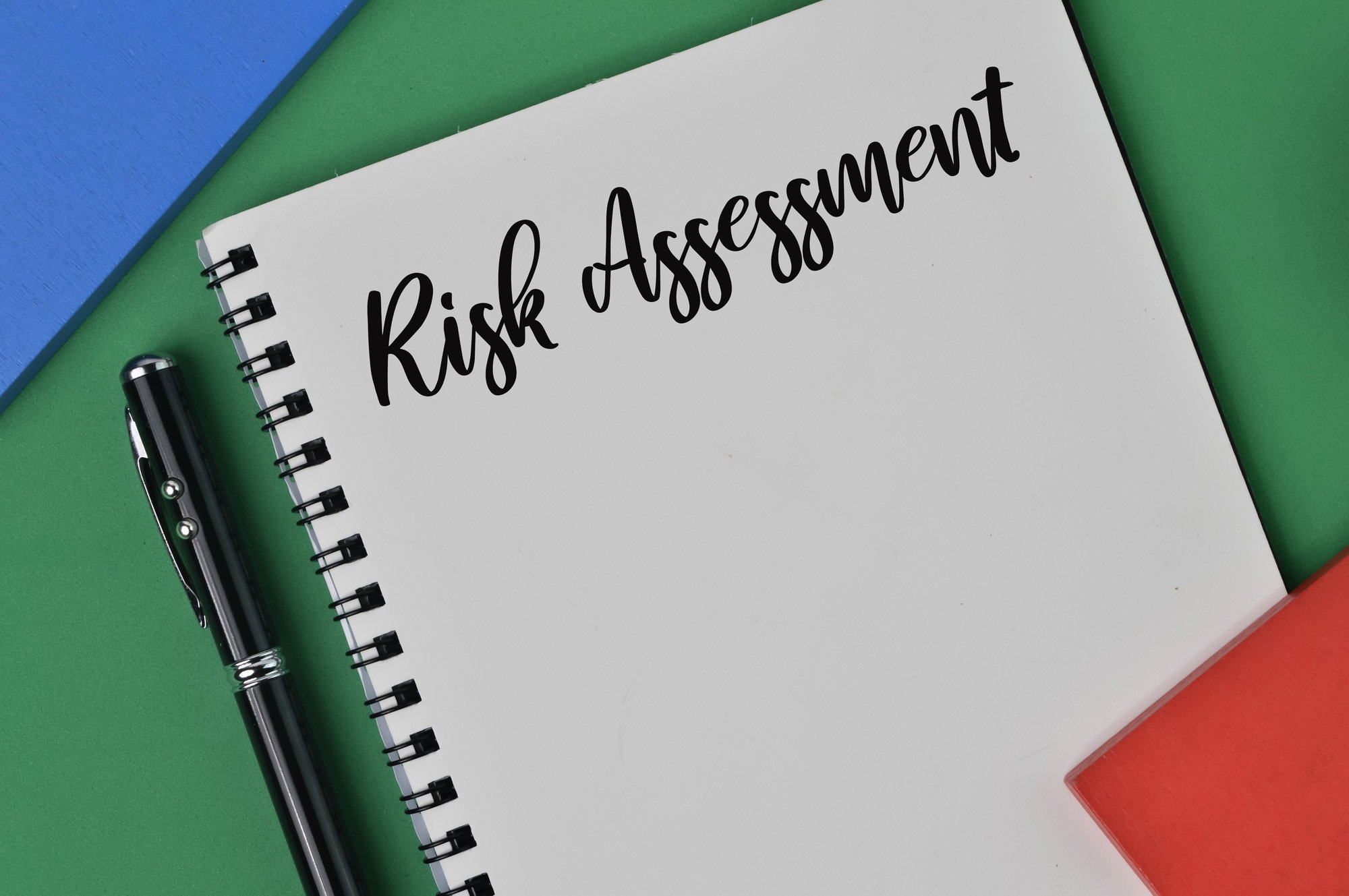Key Takeaways

- Essential Protection: Business hazard insurance safeguards your small business against various risks, including natural disasters, theft, and vandalism.
- Financial Security: It provides financial protection by covering repair costs, replacement expenses, and potential lost income during business interruptions.
- Risk Management: Tailoring your insurance policy to your unique operational risks enhances your business’s resilience and fosters confidence among stakeholders.
- Types of Coverage: Key options include commercial property insurance, general liability insurance, and professional liability insurance, each addressing specific aspects of business security.
- Needs Assessment: Evaluating your business’s specific needs and risks is crucial in selecting the right insurance coverage.
- Provider Comparison: Researching and comparing different insurance providers ensures you choose a policy that best fits your business’s requirements.
Running a business comes with its fair share of risks, and protecting your investment is crucial. Business hazard insurance offers a safety net against unexpected events that could disrupt your operations. Whether it’s natural disasters, theft, or vandalism, having the right coverage can save you from significant financial losses.
Understanding the ins and outs of business hazard insurance is essential for every entrepreneur. It not only safeguards your physical assets but also ensures your business can bounce back after unforeseen setbacks. As you navigate the complexities of insurance options, knowing what to look for can empower you to make informed decisions that enhance your resilience and security.
Overview of Business Hazard Insurance

Business hazard insurance provides essential protection for your small business against various risks. This coverage typically includes protection against natural disasters, theft, and vandalism. By securing the right insurance, you protect your physical assets, minimizing financial losses in the event of unexpected occurrences.
Understanding your insurance options is crucial. A comprehensive policy ensures that you’re covered for property damage and loss, helping maintain business continuity. It’s vital to evaluate potential risks specific to your operations, as these will influence your coverage choices.
Investing in business hazard insurance not only secures your assets but also contributes to overall peace of mind while running a small business. Knowing you’re protected allows you to focus on growth and day-to-day operations without constant worry about unexpected setbacks.
Importance of Business Hazard Insurance

Business hazard insurance is vital for protecting your small business against potential risks and disasters. This coverage helps ensure the longevity and stability of your operations.
Financial Protection
Financial protection from business hazard insurance shields your small business from damages due to hazards like fire, theft, vandalism, and natural disasters such as hurricanes and floods. When these unexpected events occur, your coverage allows you to recover quickly without bearing significant financial loss. For instance, a policy might cover replacement costs, repair expenses, and lost income during downtime. This financial safety net supports overall business resilience, enabling you to focus on growth rather than recovery from financial setbacks.
Risk Management
Risk management becomes essential when running a small business, and hazard insurance plays a critical role. Identifying specific risks related to your operations allows you to select appropriate coverage that mitigates potential damages effectively. By evaluating your unique vulnerabilities—such as location, industry, and asset value—you can tailor your insurance policy to meet your needs. Comprehensive coverage not only protects physical assets but also fosters confidence for you, your employees, and your clients, knowing that your business can withstand unforeseen challenges.
Types of Business Hazard Insurance

Business hazard insurance includes various coverage options essential for running a small business. It safeguards your assets against risks that may arise unexpectedly.
Property Coverage
- Commercial Property Insurance: This key component protects your business property, including the building, furniture, equipment, and inventory. Coverage extends to hazards such as fire, theft, vandalism, and weather-related events like hail or snow. This insurance allows you to recover quickly, minimizing financial losses caused by damage to your physical assets.
- Personal Property: This aspect covers essential items such as tools, computers, accounts receivable, and outdoor landscaping. If these items are damaged or destroyed, this coverage helps you repair or replace them, ensuring your operations continue smoothly without major interruptions.
Liability Coverage
- General Liability Insurance: This type of insurance protects your small business against claims of bodily injury, property damage, and personal injury. If a customer slips and falls on your premises, for example, this coverage helps manage legal fees, settlements, or judgments. It provides peace of mind, reducing the financial impact of potential lawsuits.
- Professional Liability Insurance: If you provide services, this coverage protects against claims of negligence or mistakes in your work. It helps shield your business from lawsuits resulting from client dissatisfaction. This coverage ensures you can continue running your small business without the constant worry of legal repercussions from your professional actions.
Understanding these types of business hazard insurance arms you with the knowledge to choose the right coverage tailored to your small business needs.
Choosing the Right Business Hazard Insurance

Understanding your options for business hazard insurance is crucial for small business success. Choosing the right coverage minimizes risks and strengthens your resilience against unexpected events.
Assessing Your Business Needs
Assess your unique needs when selecting business hazard insurance. Consider the types of property your small business owns, such as buildings, equipment, and inventory. Evaluate the risks specific to your industry, location, and operational structure. Identify potential hazards like theft, natural disasters, or equipment failure that could impact your bottom line. By assessing these elements, you can gain a clearer picture of the coverage necessary to protect your assets effectively.
Comparing Insurance Providers
Compare multiple insurance providers to find the best fit for your small business. Research the policies they offer, focusing on coverage options like open perils and named perils. Analyze replacement value versus actual cash value policies to determine which aligns with your financial goals. Review customer testimonials and check the providers’ claim handling processes to ensure they offer reliable support. By thoroughly evaluating your options, you empower your small business with comprehensive coverage tailored to your specific risks.
Conclusion

Investing in business hazard insurance is a smart move for any entrepreneur. It not only safeguards your physical assets but also ensures your business can bounce back after unexpected events. By understanding the various types of coverage available you can tailor your policy to fit your specific needs.
Taking the time to assess your unique risks and comparing different providers will empower you to make informed decisions. With the right insurance in place your business can thrive even in the face of adversity. Prioritize your coverage today and focus on what truly matters—growing your business with confidence.
Frequently Asked Questions

What is business hazard insurance?
Business hazard insurance is a type of coverage that protects businesses from risks such as natural disasters, theft, and vandalism. It helps ensure business continuity by mitigating financial losses due to property damage or loss, allowing entrepreneurs to focus on growth without constant worry.
Why do entrepreneurs need business hazard insurance?
Entrepreneurs need business hazard insurance to safeguard their physical assets and ensure operations continue after unexpected events. It provides financial protection, covering repair costs and lost income, which is crucial for sustaining a business during challenging times.
What types of coverage are included in business hazard insurance?
Business hazard insurance typically includes property coverage, such as commercial property insurance for buildings and equipment, and personal property coverage for essential items. It also features liability coverage, including general and professional liability insurance for bodily injury and negligence claims.
How can business owners choose the right insurance policy?
Business owners can choose the right insurance policy by assessing their unique needs, considering property types and specific risks related to their industry and location. It’s advisable to compare multiple providers, focusing on coverage options, policy types, and customer support.
What is the role of risk management in business hazard insurance?
Risk management plays a crucial role in business hazard insurance by helping owners identify their specific vulnerabilities and selecting appropriate coverage. This process ensures they have the right protection against potential threats, fostering resilience and security for their business operations.
Image Via Envato



